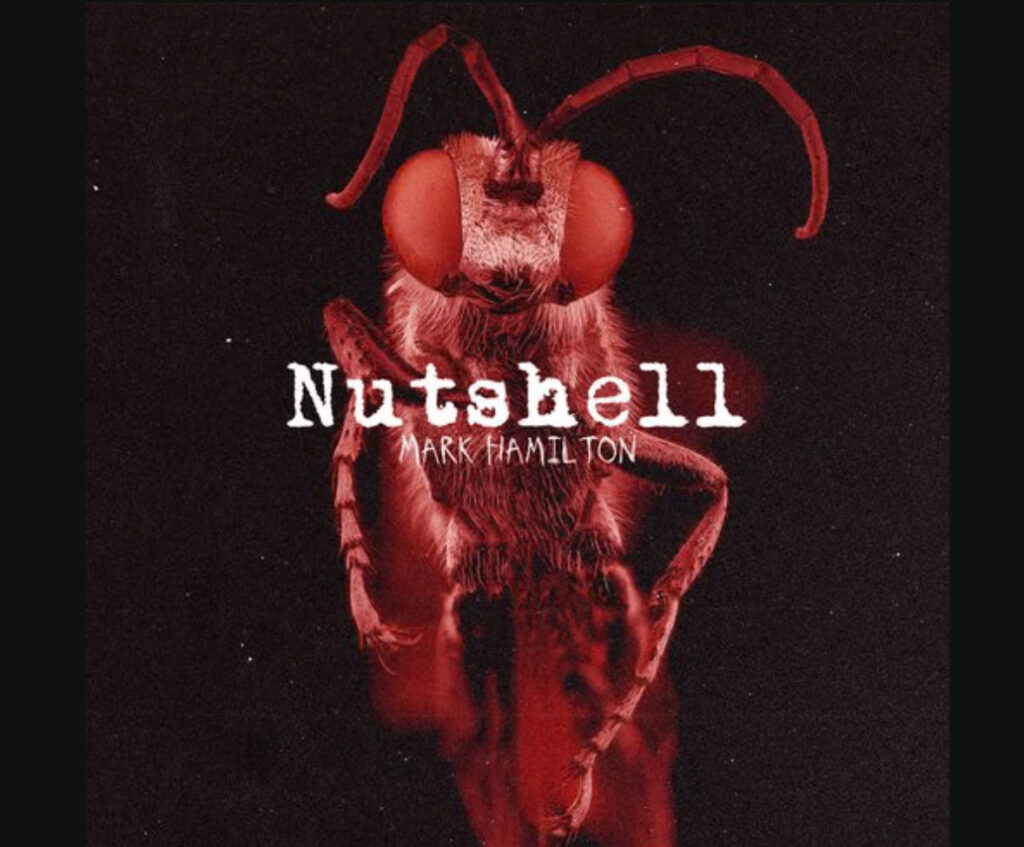There are songs that echo with immediacy—quick sparks in the cultural bonfire—and there are others that linger, like a shadow stretching further than the flame. Alice In Chains’ “Nutshell” is the latter: an elegy that moves like sediment, soft and weighty, thick with grief and clarity. Released as part of their 1994 Jar of Flies EP, “Nutshell” never charted as a single, never received the bloated promotional budget of its contemporaries, and yet it holds something more permanent. In retrospect, it is perhaps the band’s truest emotional document—a song not merely written but exhumed, as if Layne Staley and his bandmates tapped directly into the marrow of existential loneliness. And nearly three decades later, the song’s effect has only deepened.
When one listens to “Nutshell,” they are not just hearing a track; they’re witnessing the inner collapse of a man before the rest of the world knew how close he was to falling. The song opens with a drifting minor key arpeggio from guitarist Jerry Cantrell—unmistakably raw and spacious. This simplicity is the gateway into one of the most bare, autobiographical sets of lyrics in Alice In Chains’ catalog. “We chase misprinted lies / We face the path of time”—a lamentation on fame, identity, and the slow erosion of meaning when truth is obscured by the machinery of public life. At its core, “Nutshell” captures the peril of feeling both exposed and invisible at once.
Themes of Isolation and Emotional Exposure
It is no coincidence that Jar of Flies, the EP on which “Nutshell” appears, was recorded in a matter of days following bassist Mike Inez’s entry into the band and an unexpected eviction from their Seattle rehearsal space. Homeless and drifting, the band booked a studio without writing a single song in advance. That lack of preparation imbues “Nutshell” with the very thing that makes it immortal—it is spontaneous emotional truth. Layne Staley’s voice, often mythologized for its guttural growl and harmonic duality with Cantrell, here finds its quietest, most naked form.
Thematically, “Nutshell” prefigures what would become one of the definitive emotional contours of 1990s rock: the spiritual desolation of fame. This was not glamor in decline—it was glamor never sought. Staley was not interested in being an icon. He was interested, as much as he could be, in survival. “And yet I fight, this battle all alone / No one to cry to, no place to call home.” These words carry no artifice. No metaphor masks their intention. It is a lyric so direct it risks being overlooked in its obviousness—until one realizes that that very plainness is its razor’s edge.
This type of vulnerability predates the polished mental health narratives seen today. In 1994, there was no industry playbook for publicly acknowledging addiction or depression with nuance. To say these things in song was to confess. “Nutshell” became not just a slow-burn classic, but a rite of passage for listeners. For a generation raised on emotional reticence, it gave form to the formless ache of being young and unsure of one’s own coordinates.
Time’s Cold Understanding
Today, in a culture obsessed with both constant self-curation and algorithmic affirmation, “Nutshell” feels unnervingly prescient. Its lack of resolution—musically and emotionally—runs counter to the high-resolution catharsis so typical in popular media. There’s no key change to suggest triumph, no bridge that builds to transcendence. The song ends the way it begins: quiet, unresolved, haunted. It gives the listener nothing to hold onto—and in doing so, gives them everything.
The performance of “Nutshell” on MTV Unplugged in 1996 has only deepened its legend. By that point, Staley was frail, his presence ghostlike, and yet his voice never sounded more human. The string lights wrapped around the stage glow softly, and there is a mutual understanding among the band and the crowd: this is not just a performance; it is a farewell, even if they don’t yet know it. That rendition—stripped of electricity, steeped in inevitability—feels less like music and more like a vigil. Staley died in 2002, alone in his apartment, undiscovered for two weeks. “Nutshell” is the song that haunts that fact.
Modern Resonance and Resurgence Potential
Despite its age, “Nutshell” continues to be discovered, reinterpreted, and worshipped by new generations of listeners. TikTok clips, acoustic covers on YouTube, indie musicians citing it as an emotional touchstone—it all points to a quiet resurgence of appreciation. Not in the meme-ified sense of a viral rediscovery, but in the slow-burn way that a truth makes its way back into culture when people begin to feel the same ache again.
The song’s aesthetics—minimalism, vulnerability, slowness—mirror a new sensibility among today’s young musicians, especially those working outside of major-label systems. Artists like Phoebe Bridgers, Ethel Cain, or Duster draw from the same emotional reservoirs: low fidelity, high stakes. A shared vocabulary of desolation, not for the sake of branding but because it’s the only thing left that feels honest. In that sense, “Nutshell” was not just ahead of its time. It was outside of it.
At the same time, the visual language of the band—the muted earth tones, the languid pacing of their videos, the absence of any performative gloss—feels increasingly aligned with today’s taste for aesthetic restraint. In the endless churn of auto-tuned maximalism, Alice In Chains’ stripped-down sorrow feels almost avant-garde again.
Portending and the Long Echo
What “Nutshell” portends is not some simple revival of grunge. That’s a too-easy nostalgia. What it signals is a more profound return to sincerity in music—not the performative, irony-laced kind, but the broken, unfinished kind that doesn’t require neatness to be powerful.
It also suggests something about the current cultural moment. The disillusionment with institutional systems (labels, fame, capitalism), the increasing candidness around mental health, and the desire for real connection all align with the emotional codes that “Nutshell” once quietly set. It’s a song that makes the listener feel less alone, even when the lyrics insist that the singer himself had no one left.
There’s a reason bands across genres continue to cover it, from country duos to doom metal acts. “Nutshell” is a shape that fits into every human body. It’s about being stuck in your own skin, misunderstood, but still trying to sing.
Flow
In a catalog of heavy songs, “Nutshell” remains Alice In Chains’ quietest scream. It is a song that doesn’t end so much as it disappears. Its endurance is not about charts or radio play, but about the places we go when we are at our lowest and most human. The song gives permission—not to fix everything, but to admit that some wounds don’t want to be healed.
And for today’s listeners, that might be the most radical message of all.
As long as there are people who sit quietly in their rooms wondering if anyone understands them, “Nutshell” will continue to play. Not loudly. Not heroically. But truthfully.
No comments yet.








